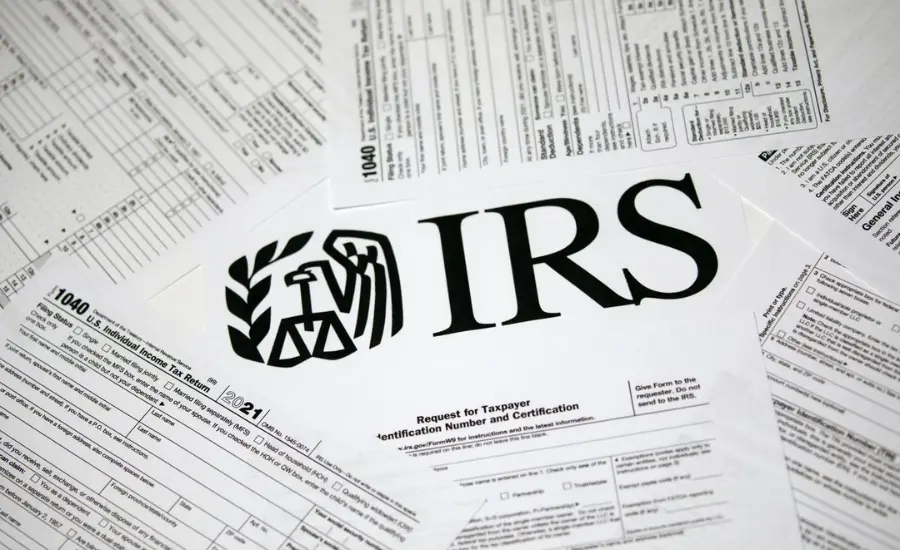The final regulations incorporate Taxpayer First Act amendments that strengthen e-filing requirements.
The IRS and the Treasury Department issued final rules on 23rd February 2023 requiring businesses to file returns and other documents online beginning in 2024.
Participants who file partnership returns, corporate income tax returns, separate business income tax returns, withholding tax returns, certain information returns, sign-up statements, disclosure statements, notifications, actuarial reports, and certain excise tax returns are affected by the final rules.
The final laws incorporate Taxpayer First Act amendments that strengthen e-filing requirements. The 2019 law enables the Treasury Department to issue regulations lowering the threshold for when taxpayers must e-file returns.
The final rules, in particular:
- Reduce the 250-return threshold established by earlier rules to generally require filers of 10 or more returns in a calendar year to file online. The final rules introduce new requires for electronic filing of previously non-electronic returns and documents.
- Require filers to overall nearly all information return types covered by the rules. In order to determine whether a filer meets the 10-return threshold and must e-file their information returns. To each type of information return cover by the rules, the 250-return threshold was previously applying separately.
- The relief for e-filing income tax returns by organizations with total assets below $10 million is eliminating.
- Partnerships with more than 100 partners are required to e-file information returns, and partnerships that file at least 10 returns of any type during the calendar year are required to e-file their partnership returns.
The final rules come just months after the IRS revealed a new online portal in January to help businesses electronically file Form 1099 series information returns. This free e-filing service, known as the Information Returns Intake System, is secure and does not require any special program. While available to all businesses, small companies relying on paper filing for 1099 forms may find IRIS particularly helpful.
In 2021, around 82% of all corporate income tax returns and nearly 90% of partnership tax returns were e-file. The IRS presently receives about 4 billion information returns yearly, aiming to reach nearly 5 billion by 2028. Despite almost 99% e-filing rate for information returns, the IRS still received around 40 million paper information returns in 2019.
The final rules generally provide struggle waivers for filers. According to the IRS, individuals facing struggle and those allowed for official waivers may struggle to comply with e-filing requirements.
The tax laws are very complex. Our short blog articles cannot fully cover all the rules and nuances. Your specific facts may hold various options and possible risks that only trained, and highly qualified tax expert can spot. We urge you to find such help, rather than trying to figure it all out on your own. Consider giving this market a try by posting your project and signing up here.
If you are a licensed tax professional interested in helping others either part or full-time, or ad hoc, come on in! Happy to have you. Our market has the full suite of tools to communicate with clients including compliance calendars, task and message management, and billing. You can also quickly connect to knowledgeable colleagues who can complement your services with the ones you do not provide. Register here.








